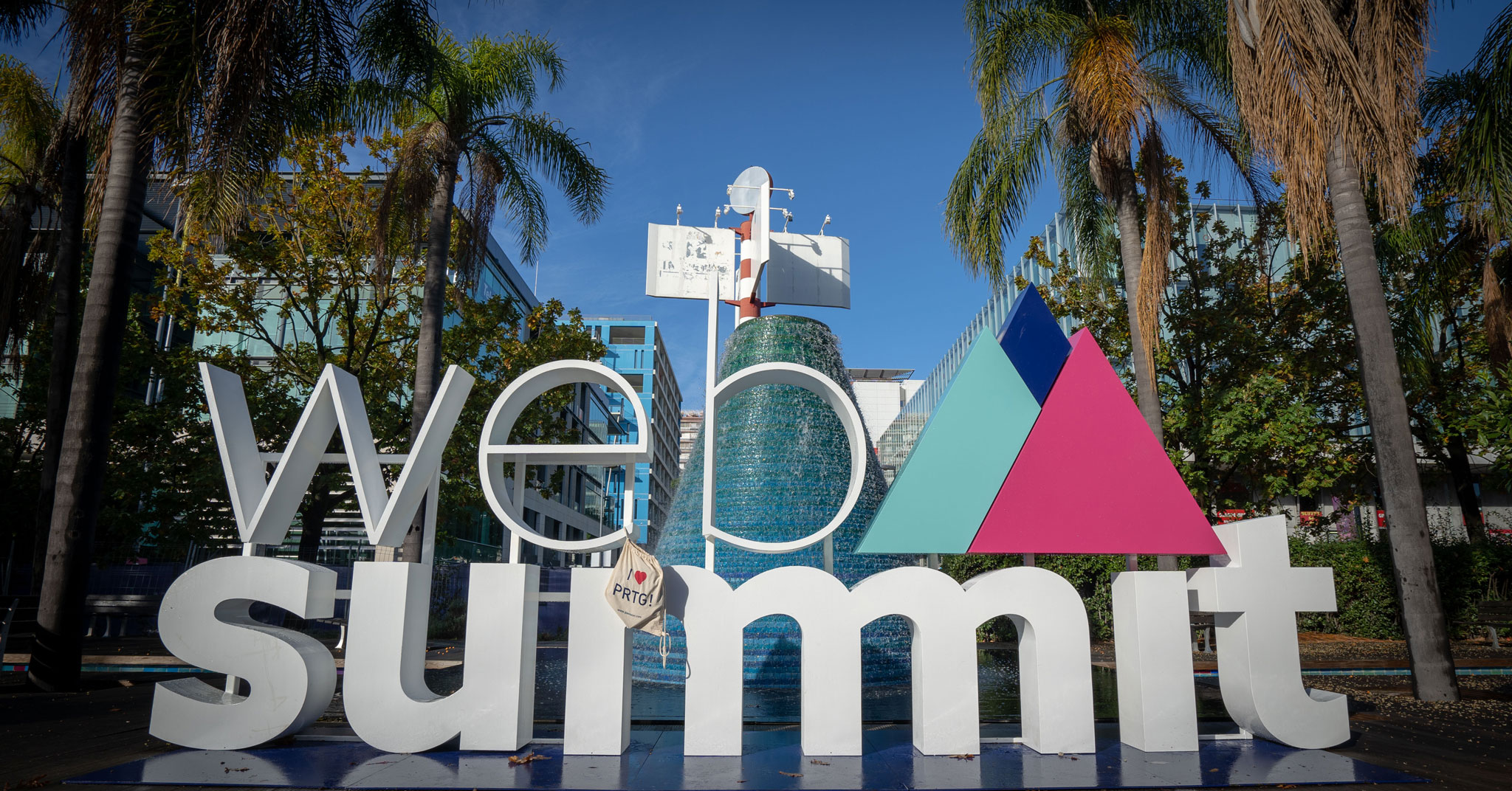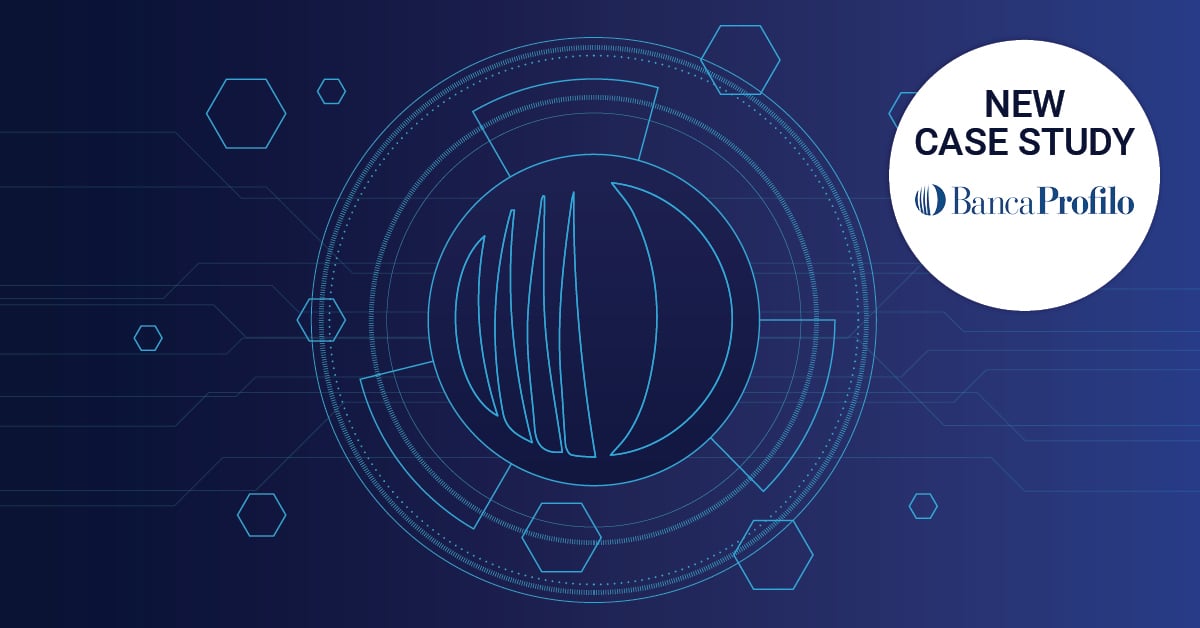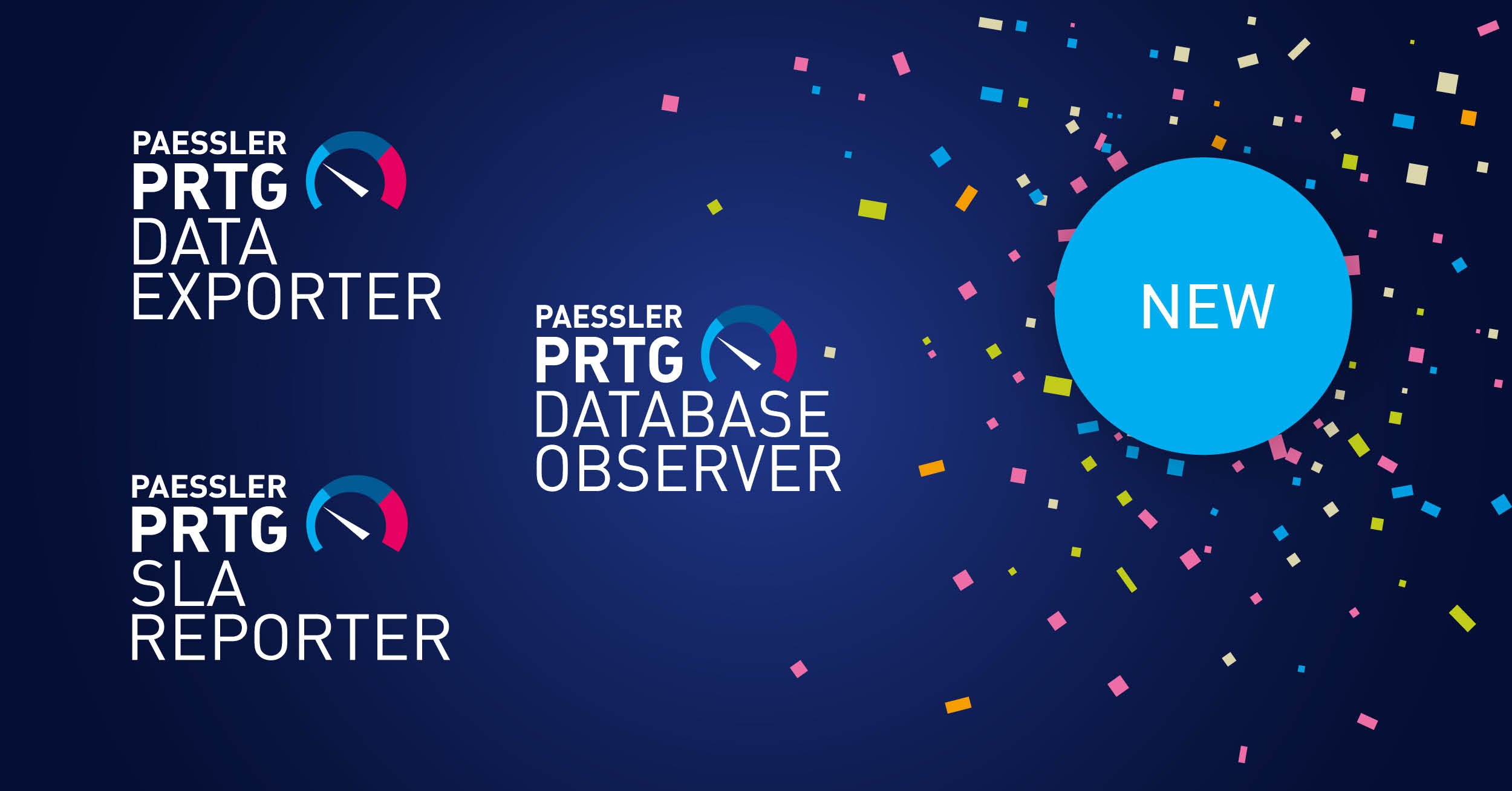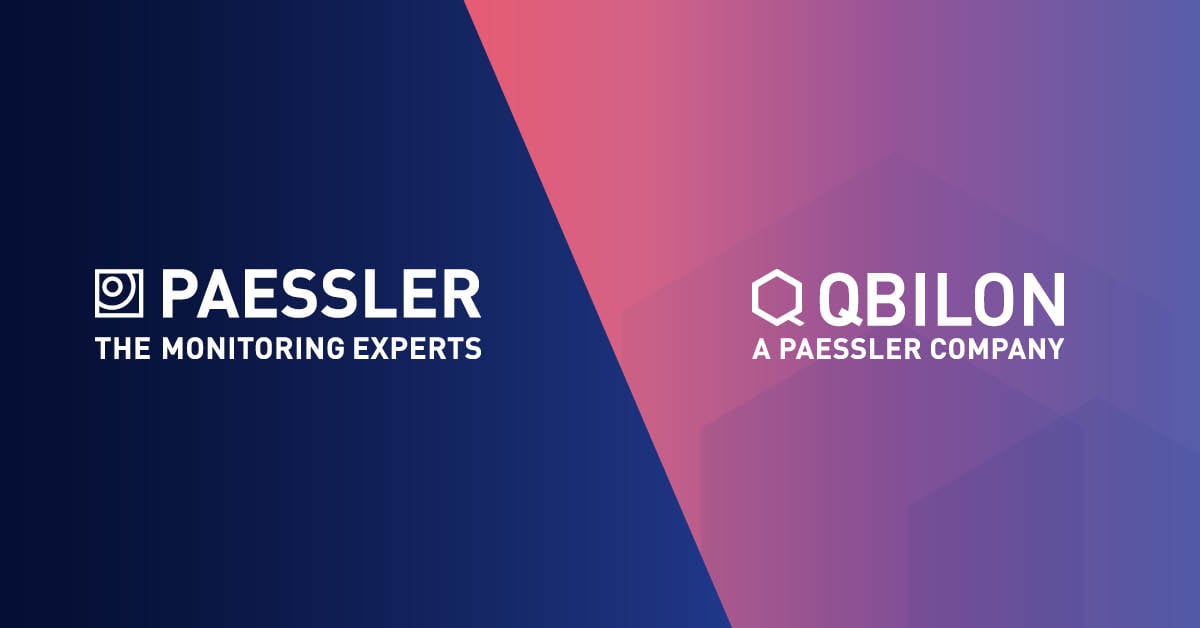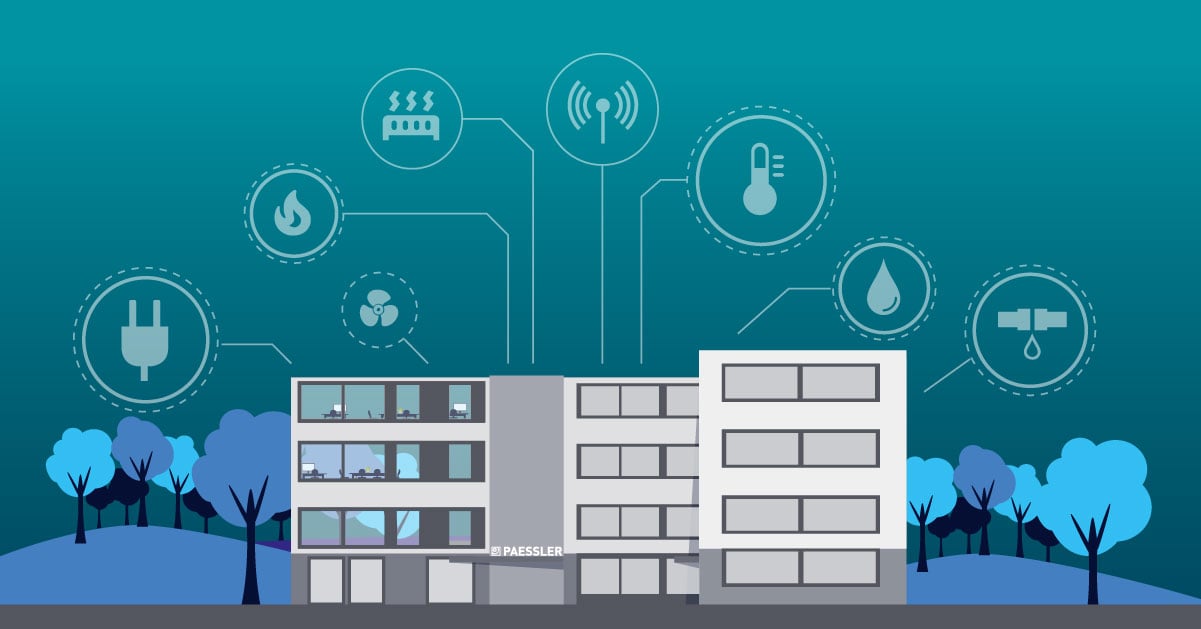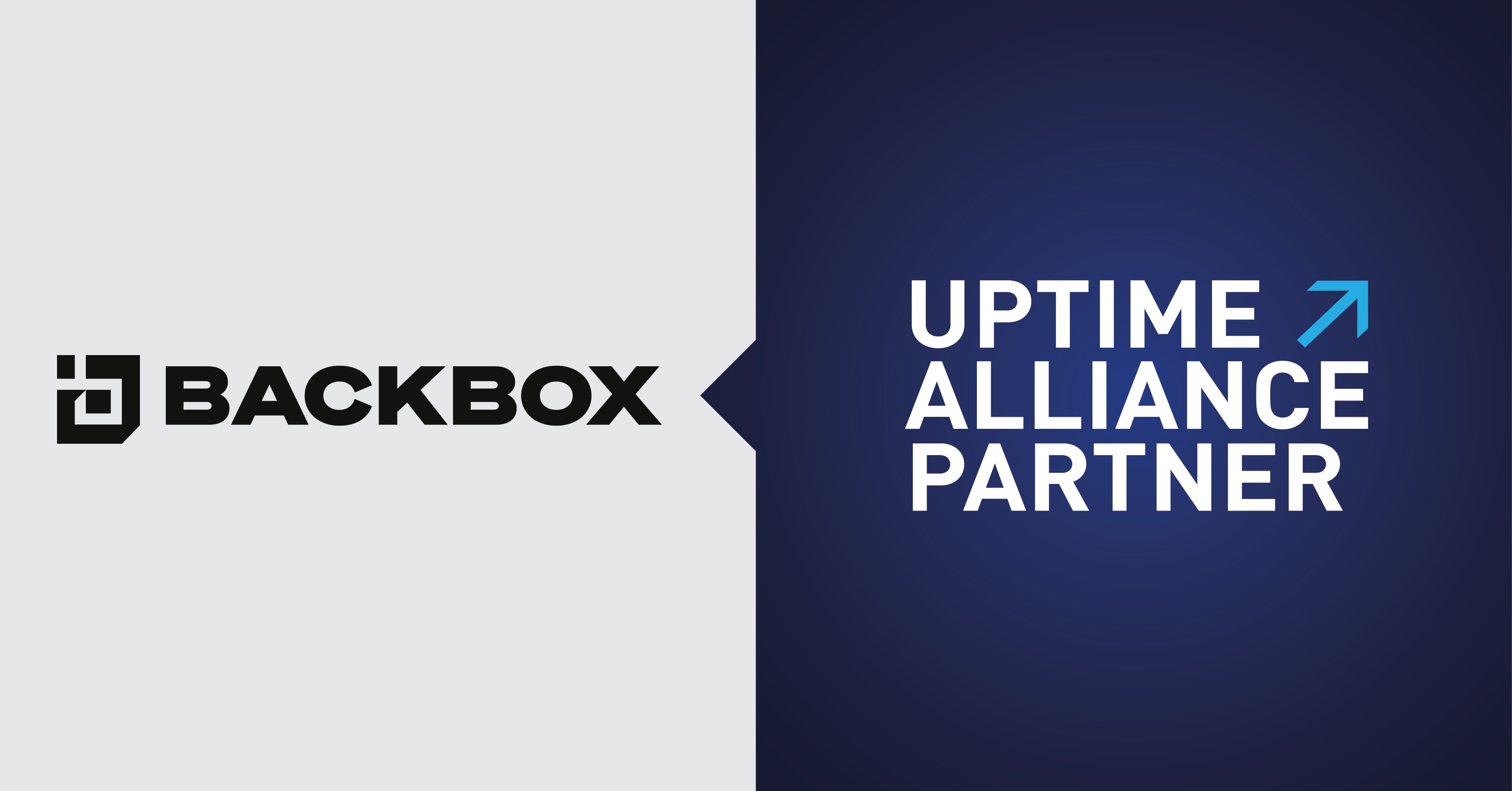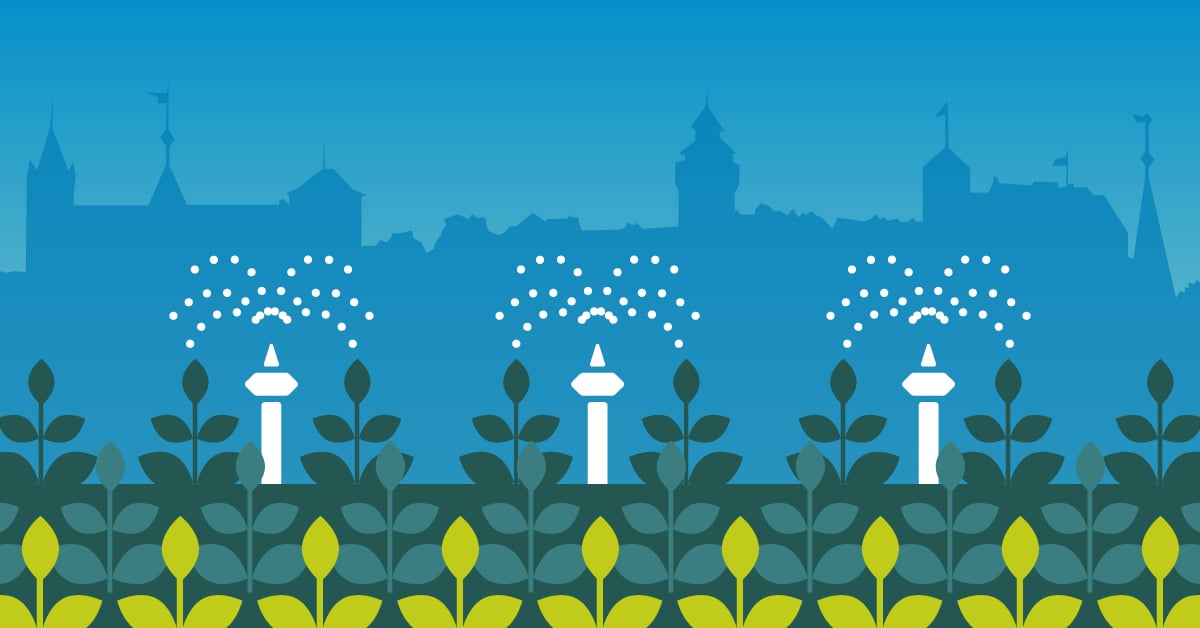4 Ways to Shape the Future: Lessons from the Web Summit
 Originally published on November 23, 2018 by Jörn Paessler
Originally published on November 23, 2018 by Jörn Paessler
Last updated on March 03, 2022
•
10 minute read
From November 4th to 7th, five Paesslerists got their minds off daily business and attended the Web Summit in Lisbon. We came back inspired by the ideas presented there, and felt some of these thoughts would be just as exciting for our readers! So, here are the standout sessions we attended, which continue to make us think long after we returned to our desks.
Your Company Needs to Have a Purpose – More than Just Business.
A must-see, keynote-like speech was given by the charismatic Rick Ridgeway, VP of Environmental Affairs at Patagonia.
The company donates 1% of revenues — not profits! — to environmental projects, even in years it makes no profit. They regard this as part of their business expenses. Rick, an exceptional storyteller, gave the audience very personal insights into his life and experiences and what made him run Patagonia as they do today. Environmental initiatives such as giving grants to clean up rivers, protecting forests and wetlands, encouraging reduction and reuse of their products, and political activism for environmental issues are some of the ways Patagonia exemplifies being trustworthy and purpose-driven.
He closed his talk with the question: "Tell me what you plan to do with your one wild and precious life!“
This was the only speech we saw that ended with a standing ovation – it was a goose bump moment at Web Summit 2018.
The Voice-Enabled Internet: Making Sure We Listen to All Humans
Any voice-assisted software is only as good as the data set upon which it is based. In a few short months, Mozilla was able to create the second largest publicly available voice data set through an open source decentralized approach. Katharina Borchart, Chief Open Innovation Officer at Mozilla gave a very inspiring talk about the value of the voice-enabled internet.
The voice-enabled internet represents a huge interaction paradigm shift. However, it's currently biased towards the western and developed world and limited by huge entry costs for companies that want to enable their software or service with voice. So new, small companies often do not even enter the stage. Mozilla started the project Common Voice, an open source decentralized approach that offers free base data in many languages for "training" the software. Like every open source project, this depends on input from as many people as possible, but here the input is not limited to very technically skilled people. Rather, everybody who has access to the internet can donate his or her voice.
This project supports the goal of opening up the internet to the rest of the world by offering access to internet content for illiterate people as well as to users with handicaps. In addition, it shows the power of open source projects.
We Need a Better Web!
Says who? Says no one less than the founder of the WWW: Sir Tim Berners-Lee. The web was invented to serve humanity. We are currently experiencing disturbing trends in many different areas that have the potential to turn entire societies upside down and, last but not least, threaten our one and only Earth with seemingly unsolvable challenges. With references to Al Gore and his powerful appeal last year to the Tech Community ("You are the ones to save this planet – with the power of technology at your fingertips!"), this talk was, for the most part, based on the invention of the WWW. Now is the time to get back to the fundamentals of what the web was created for: To bring people together and make knowledge freely available. So, the web has to be safe, diverse, open, and accessible.
To do that, you need a web-based contract with principles that governments, businesses, and users must agree on.
The suggestion is noble and spot on – and we loved that he has made it his battle to fight for. That's why we're more than excited to see how it continues and whether his urgent wake-up call is more than just a PR stunt. So let's support Sir Tim Berners-Lee in his (and all of our) Quest For The Web. Will you join us to fight #ForTheWeb?
https://fortheweb.webfoundation.org/
Social Robots Are Exciting, but What Will Change Our Lives in a Few Years Is … Not Having Your Own Car
There was a three-day track about robotics and automotive. Sure, it is fun when you see a robot talking to you, showing expressions and emotions on its face, when it can change its personality, teach you languages and do much more. But what impressed us most was the (near) future of personal transport, where public transport and individual cars will merge. Uber is just the beginning, because these are still normal cars with a driver. Imagine Uber with only electrical cars and without a driver. And once self-driving cars are available everywhere and drive you anywhere, many people – maybe everyone – will ask themselves why they need a car. Less stressful, much better for the environment and much more efficient. Have you ever thought about how much time your car is sitting idle? Still in doubt that you would not use these new services? We're looking forward to them!
We left the summit with concepts more tangible than just buzz words. With each talk attended, we were given a glimpse into a possible future. We are excited to both experience and shape it.
